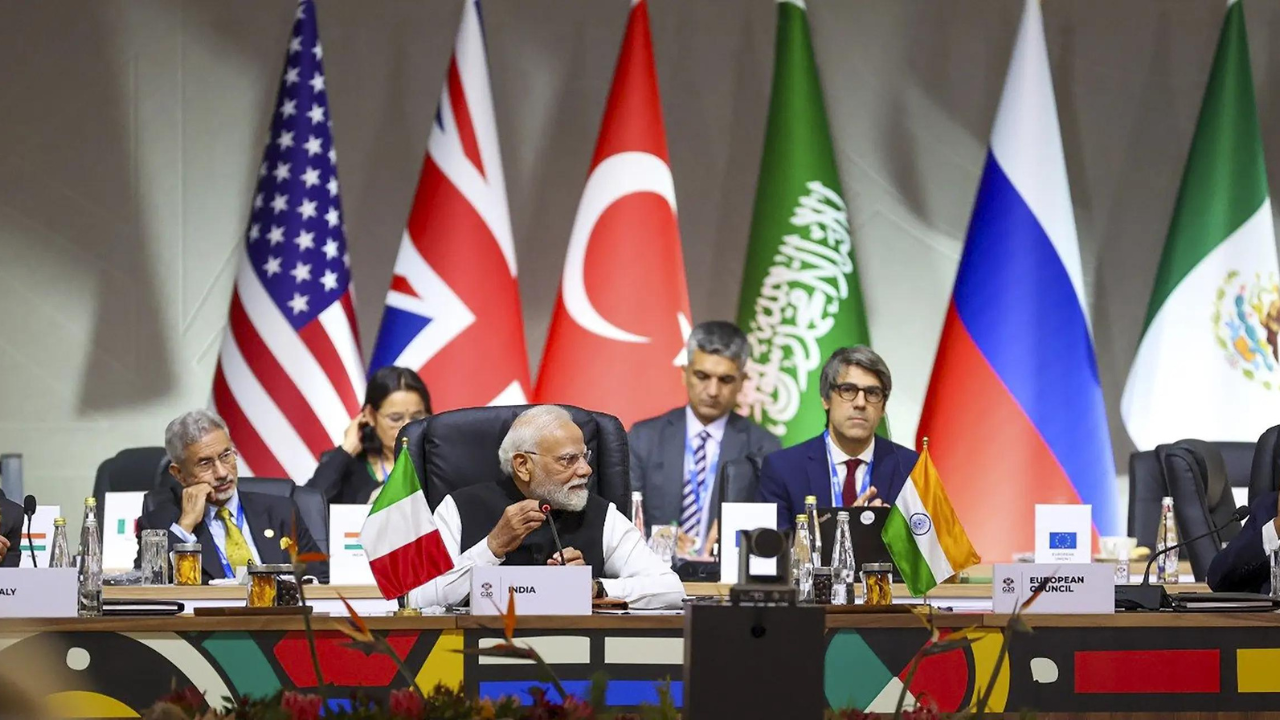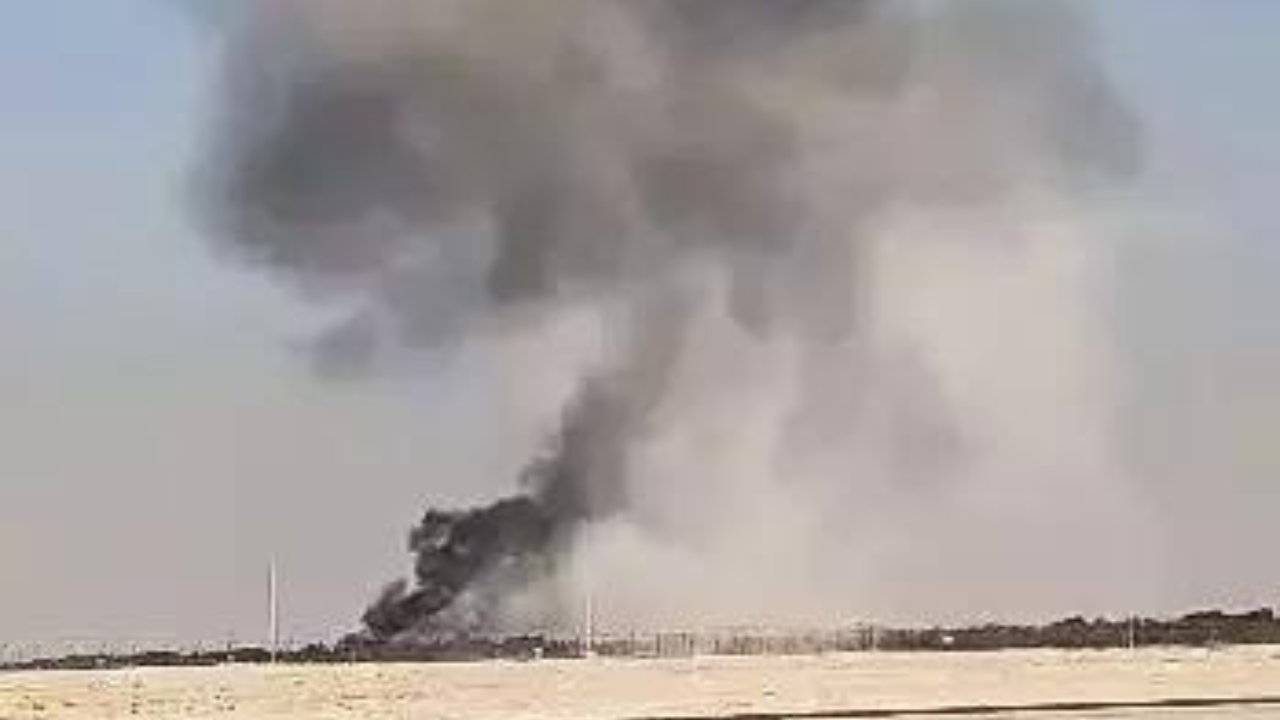NEW DELHI: The G20 summit in South Africa saw participating countries adopt a declaration that was drafted without any inputs from the US, which has boycotted the meeting over alleged mistreatment of white Afrikaners. For India, among the key outcomes, was a single-line condemnation of terrorism in all its forms and manifestations. The declaration reaffirmed commitment to the UN Charter and international humanitarian law and condemned attacks on civilians and infrastructure, though without naming any country. It also pledged to work for a just, comprehensive and lasting peace in “Sudan, the Democratic Republic of Congo, the Occupied Palestinian Territory, Ukraine, as well as ending other conflicts and wars around the globe”. According to Indian officials, the outcomes echoed India’s priorities from its own 2023 presidency of G20. India also pushed for a call to reform the United Nations Security Council and improve its representation. “We pledge to reform the Security Council through a transformative reform that aligns it with the realities and demands of the 21st century, makes it more representative, inclusive, efficient, effective, democratic and accountable, and more transparent to the whole of the UN membership, allowing for better responsibility sharing among all its members, while improving the effectiveness and transparency of its working methods,” said the declaration, calling for an enlarged Security Council that improves the representation of regions and groups such as Africa, Asia-Pacific and Latin America and the Caribbean. “On technology, the transformative potential of digital public infrastructure has been highlighted. Further, the New Delhi commitments to harness the potential of digital and emerging technologies, including AI, have been reiterated. Development, deployment and use of safe, secure and trustworthy AI have been reaffirmed,” said an official. There was also a push for strong language on empowerment of women and girls. “Strengthening disaster resilience and response is the key priority of the South African presidency. The outcomes of the Disaster Risk Reduction Working group initiated by the Indian presidency have been reinforced in the declaration. Further, Coalition for Disaster Resilient Infrastructure (CDRI) has been recognised in this context,” added the official. According to Indian authorities, one of the most significant achievements was on climate finance with more ambitious language being adopted than last year. In addition to recognising the need to scale up climate finance from billions to trillions of dollars, the declaration highlighted that the needs of developing countries to implement their nationally determined contributions (NDCs) are estimated at $5.8-5.9 trillion for the pre-2030 period.
G20 condemns terror in all its forms, seeks UNSC revamp













